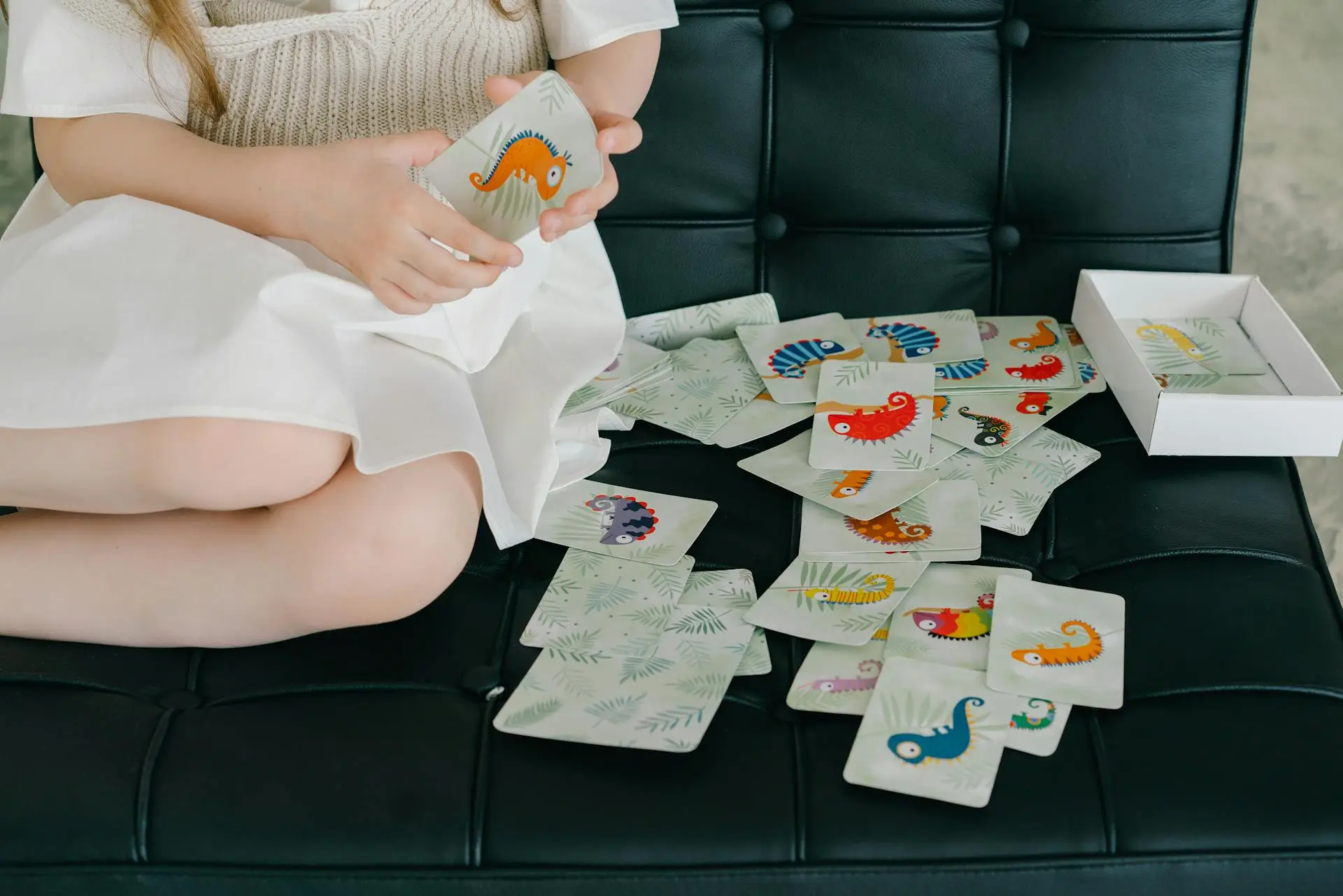Keeping kids entertained while helping them develop essential cognitive skills can be a delightful challenge. Memory games are the perfect solution—they’re fun, engaging, and help sharpen a child’s mind without feeling like a chore. Whether you’re looking to keep kids occupied on a rainy day or hoping to boost their concentration in a classroom, memory games are a versatile option that fit anywhere.
Most of these games require little to no preparation. Using simple materials or just creativity, you can turn any environment into a playful memory-training session. These games are designed to not only entertain but also teach, making them a favorite for parents, teachers, and caregivers.
Dive into this list of 21 memory games that will capture your child’s attention while giving their brain a fun workout.
1. Matching Card Game
Matching card games are a classic activity that never gets old. Spread a deck of cards face down and let kids take turns flipping over two at a time, searching for pairs. It’s a simple concept, but it’s incredibly effective at boosting memory.
This game encourages kids to pay attention to the cards and remember their locations. As they improve, you can make it more challenging by increasing the number of cards. It’s a fun way to build focus and visual recall.
Plus, the thrill of finding a match keeps kids engaged, making it a fantastic way to spend time together.
2. Kim’s Game
Kim’s Game is a tried-and-true memory challenge that has stood the test of time. Place 10 to 15 objects on a tray and let kids study them for a minute. Once they’ve had a good look, cover the tray and ask them to list as many items as they can remember.
For an added twist, secretly remove one object and see if they can identify what’s missing. This variation keeps the game fresh and exciting.
The simplicity of Kim’s Game makes it accessible, while its focus on observation and recall keeps kids on their toes.
3. Simon Says With a Twist
“Simon Says” is already a childhood favorite, but adding a memory element takes it to another level. Instead of just performing single actions, players must follow a sequence, like “jump, spin, clap.” The sequence grows longer with each round.
This game sharpens kids’ ability to remember and execute multi-step instructions. It also encourages them to stay alert and focused.
The playful nature of the game ensures kids have a blast while improving their working memory.

4. Memory Chain
Memory Chain is an entertaining group game that challenges auditory recall. One person starts by saying, “I went to the zoo and saw a lion.” The next person repeats it and adds an animal of their own. The chain continues, testing everyone’s memory.
This game is a fun way to build listening skills and boost concentration. Younger children can use simpler categories, like colors or foods, to keep it manageable.
It’s especially great for family gatherings or classroom activities, where everyone gets to laugh and think together.
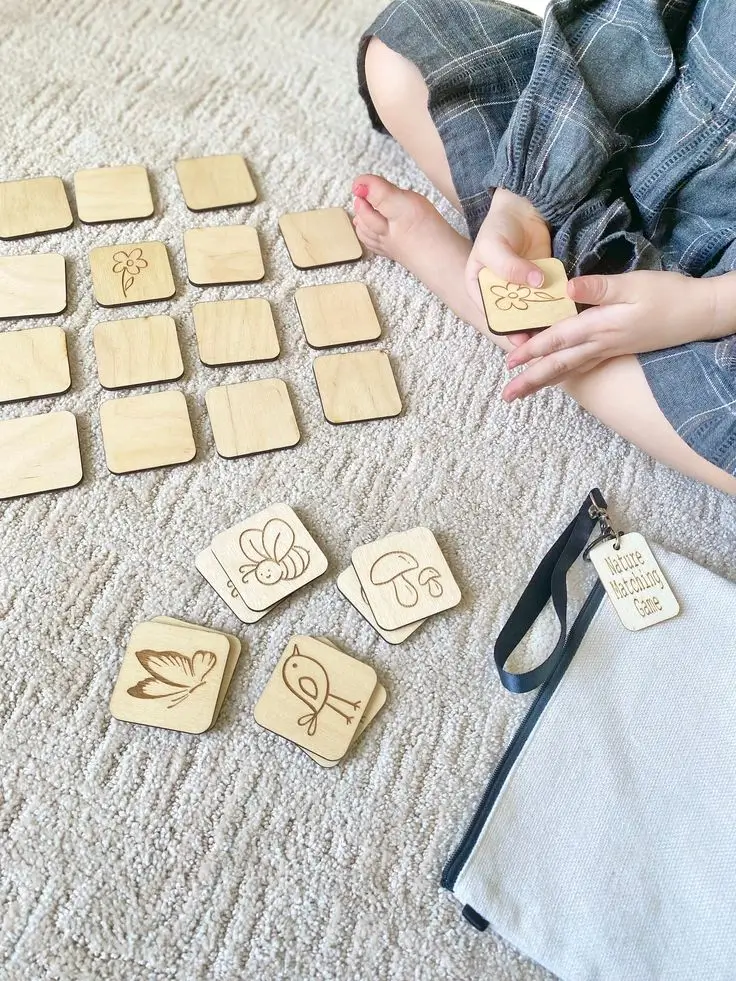
5. Picture Puzzle Recall
Picture Puzzle Recall combines creativity with memory training. Show a detailed picture to the kids for about a minute. Then, take it away and ask questions like, “What color was the bird?” or “How many people were in the picture?”
The game encourages kids to focus on details they might otherwise overlook. Increasing the complexity of the images can make the game more challenging as they improve.
Kids love the challenge of recalling tiny details, and it’s a great way to build visual memory in a fun, interactive way.
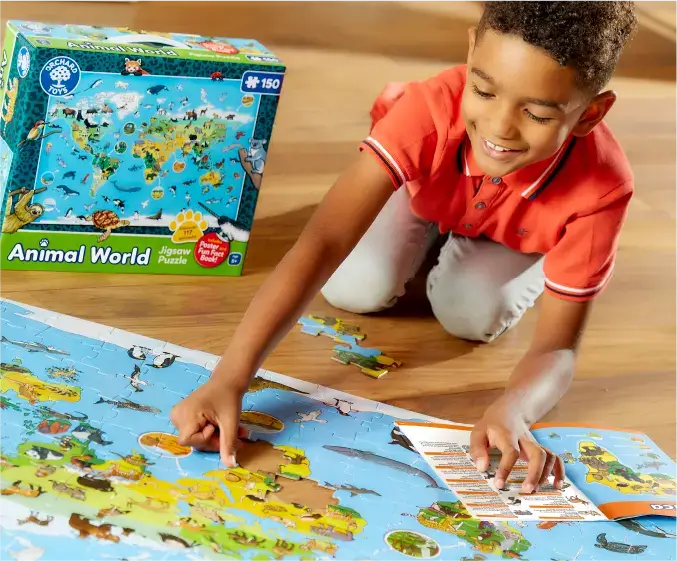
6. What’s Missing?
What’s Missing? is a quick and engaging memory game. Arrange a few objects on a table and give the kids a minute to observe them. Then, while they close their eyes, remove one item and ask them to figure out what’s missing.
This game is simple but effective, especially when played in groups. Kids love the suspense and excitement of figuring out the mystery.
The game helps sharpen their attention to detail and keeps them actively engaged without requiring any special materials.
7. The Alphabet Game
The Alphabet Game is a perfect way to pass time during car rides or quiet afternoons. Start with the letter “A” and have kids name something that begins with it. Move through the alphabet, adding a memory challenge by asking them to recall previous answers.
This game is not only great for memory but also builds vocabulary. Younger kids can stick to easy categories like animals, while older kids can explore more complex topics.
It’s a versatile game that can be tailored to suit any age group, making it a hit with families.
8. Story Building
Story Building is a creative memory game that’s perfect for groups. One person starts with a sentence, like, “Once upon a time, there was a dragon.” The next person repeats the sentence and adds their own twist, building the story bit by bit.
This game encourages creativity and listening skills. It also challenges kids to remember the growing storyline as it becomes more complex.
By the end, everyone will be laughing at the wacky, imaginative tale they’ve created together.
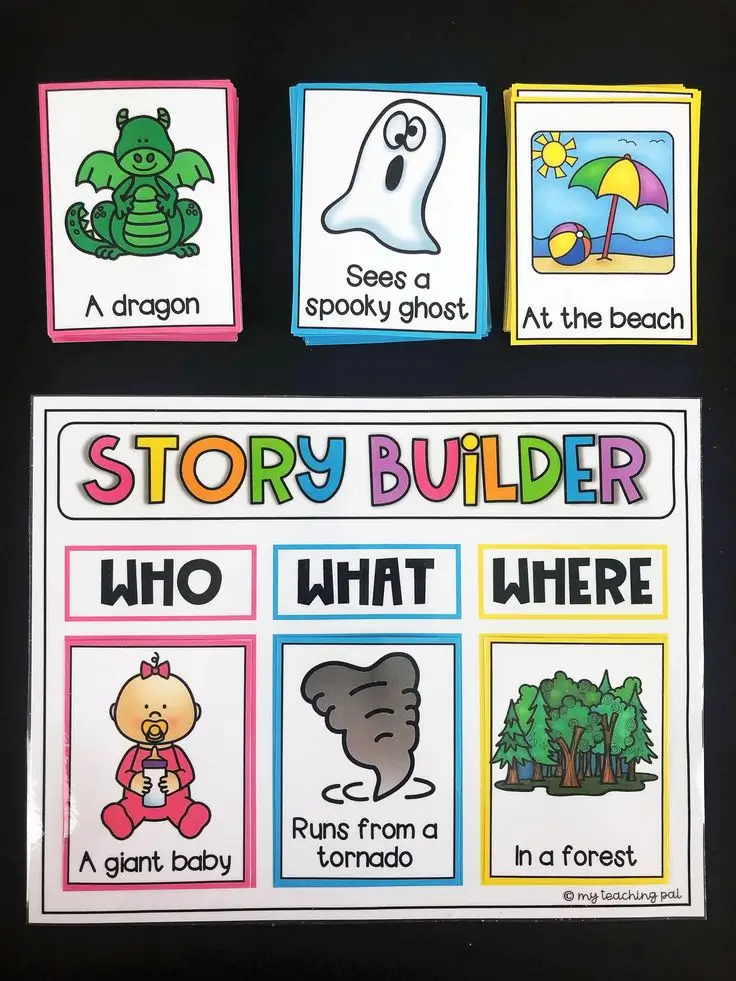
7. Sound Matching
Sound Matching uses small containers filled with different materials, such as rice, beans, or marbles. Kids shake the containers and try to find pairs that make the same sound.
This activity enhances auditory discrimination, teaching kids to pay attention to subtle differences. It’s particularly great for younger children who are still developing their sensory skills.
The hands-on nature of this game makes it engaging and fun for all ages.
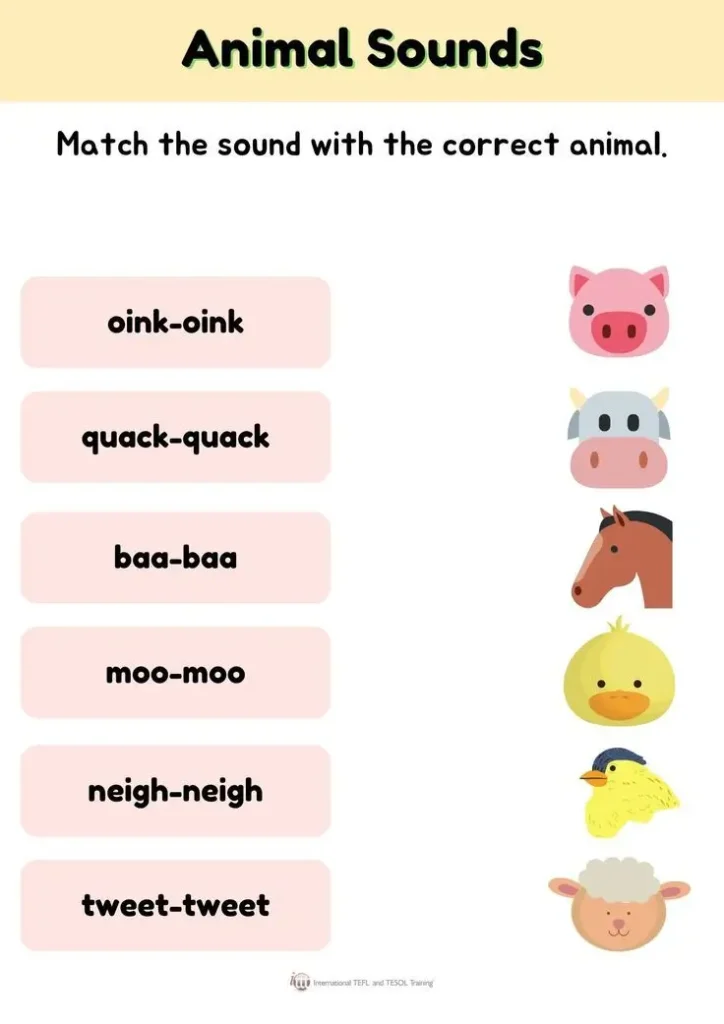
8. Backward Counting Challenge
Counting backward might sound easy, but adding a twist makes it a memory game. Ask kids to count backward from a specific number, like 50, and clap every time they reach a multiple of five.
This game forces kids to stay focused and remember the sequence. It’s also an excellent way to strengthen math skills in a playful way.
Adding physical movements, like clapping, keeps the activity lively and interactive.
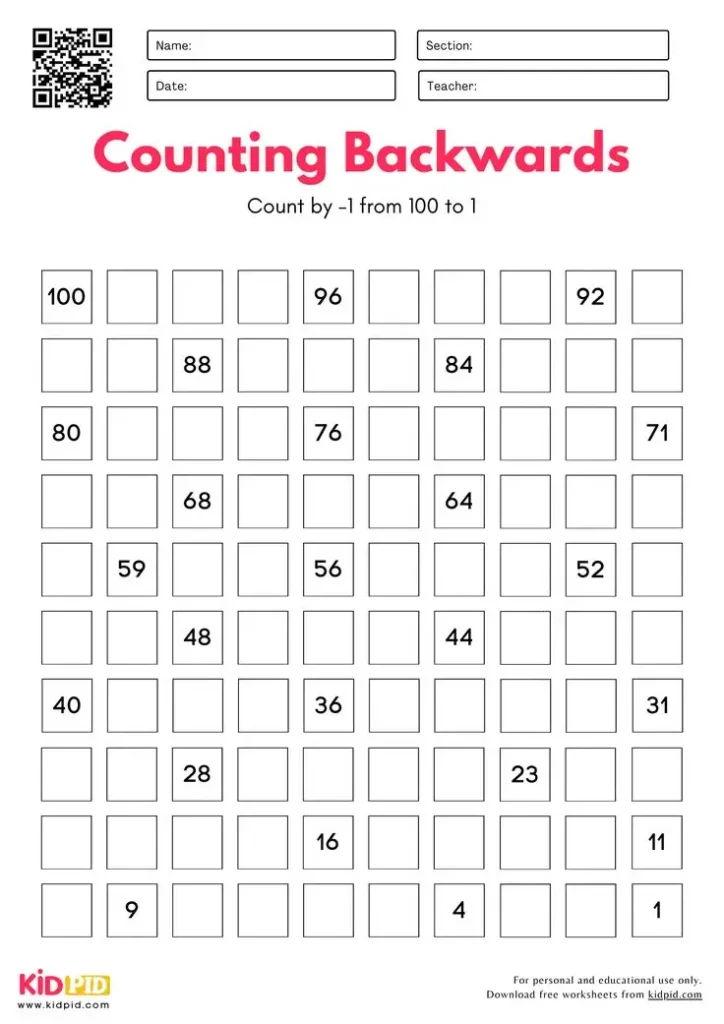
9. Shape Hunt
Shape Hunt is a simple yet effective memory game. Arrange a few shapes in a specific pattern and give kids a moment to observe. Then, cover the arrangement and challenge them to recreate it from memory.
As kids get better, you can increase the number of shapes or create more intricate patterns. This game is great for improving spatial memory and attention to detail.
Kids enjoy the challenge of matching the arrangement, and it’s an excellent way to introduce basic geometry concepts.
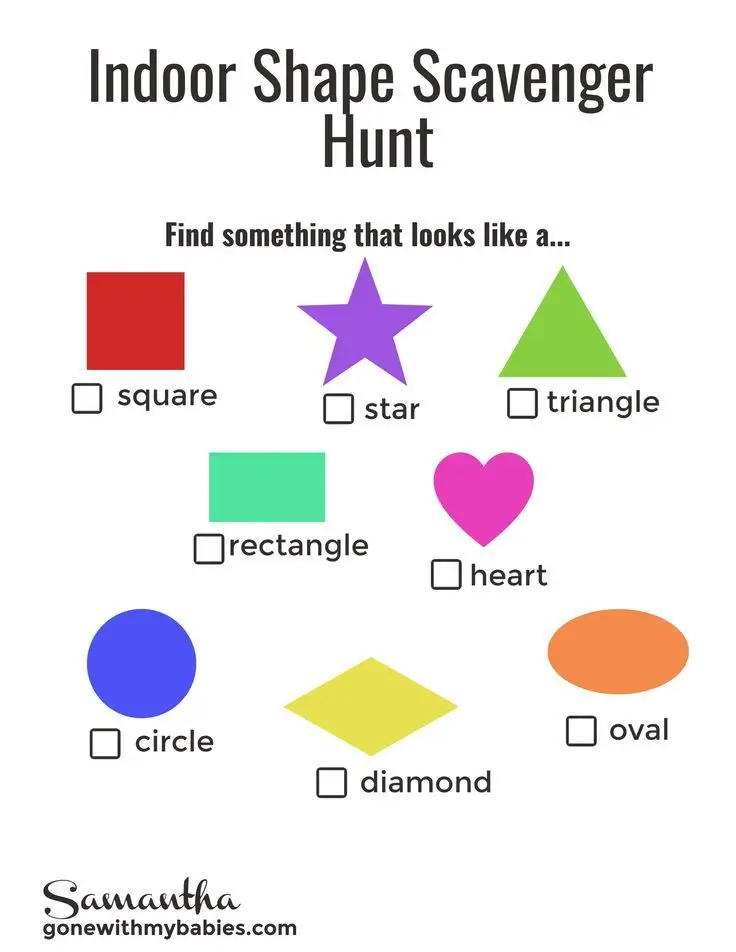
10. Musical Memory
Musical Memory is a fantastic game for auditory learners. Play a short tune or sequence of notes on an instrument, then challenge kids to replicate it. Start with simple patterns and gradually increase the complexity.
This game helps kids improve their listening skills and memory for sequences. If instruments aren’t available, you can use clapping or tapping rhythms instead.
Kids love the challenge of getting the pattern just right, and it’s a fun way to introduce music concepts.
11. Word Association Chain
Word Association Chain is a word-based memory game. One player says a word, like “ocean,” and the next says a related word, like “fish.” The chain continues until someone can’t think of a word.
To make it more challenging, ask kids to recall the entire chain after a set number of turns. This game boosts verbal memory and encourages creative thinking.
It’s a great option for older kids and works well in classroom settings or family game nights.
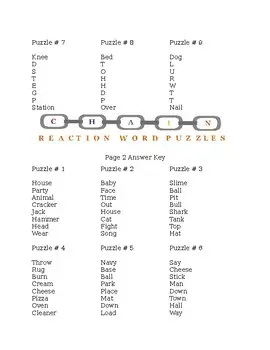
12. Spell It Backward
Spell It Backward is a simple but brain-tickling game. Pick a word and have kids spell it backward. Start with easy words like “cat” and work up to longer ones as their skills improve.
This game challenges their ability to think in reverse and strengthens their spelling skills. It’s especially fun when played competitively.
Kids enjoy the surprise of tackling familiar words in an unfamiliar way, making it both educational and entertaining.
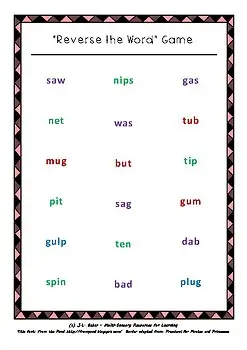
13. Sequence Recall
Sequence Recall involves creating a sequence of actions, numbers, or colors and challenging kids to remember and repeat them. Start with something like “clap, jump, stomp” and increase the complexity as they improve.
This game trains kids to focus and recall patterns, enhancing their working memory. The variety of sequences keeps the activity fresh and engaging.
It’s a versatile game that works for any age group, whether indoors or outdoors.
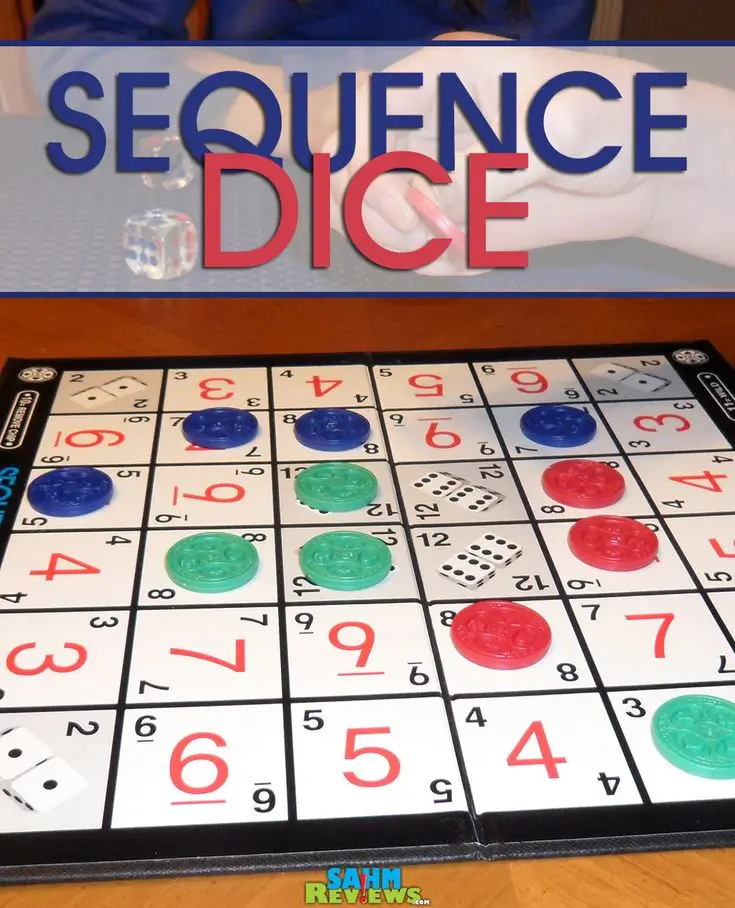
14. Grocery List Game
The Grocery List Game is a fun way to test memory. One person starts with, “I went to the store and bought apples,” and the next person adds an item, repeating the entire list. The chain grows until someone forgets an item.
This game is perfect for improving auditory memory and sequencing skills. It’s also a great way to introduce younger kids to food categories.
The challenge of remembering a growing list keeps everyone engaged and laughing.
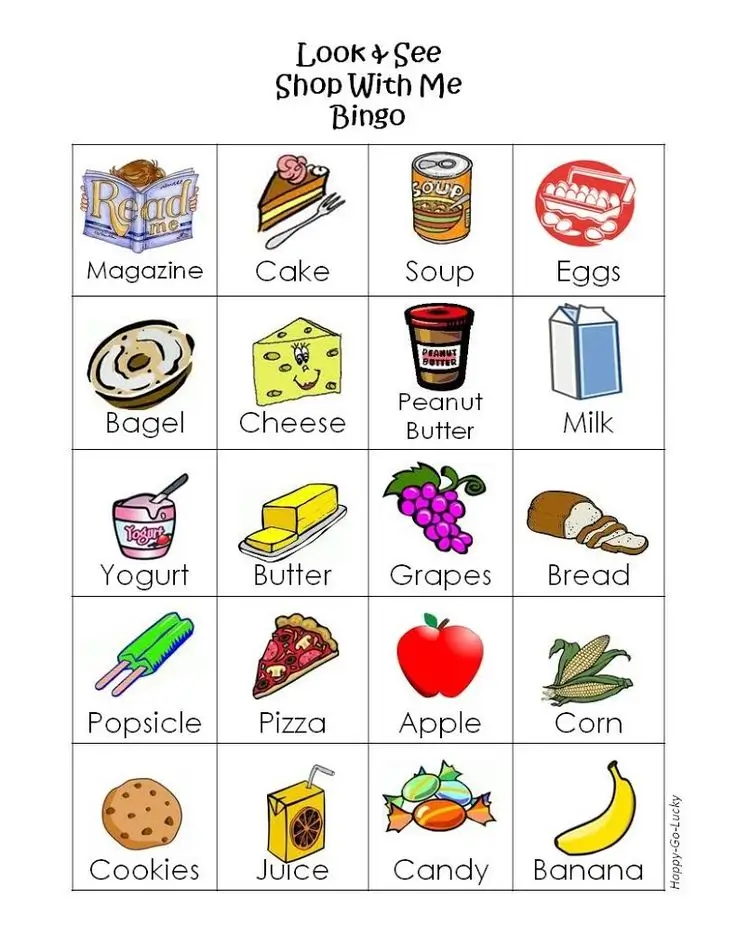
15. Memory Ball Toss
Memory Ball Toss combines physical activity with memory skills. Toss a ball in a circle, and each player says a word that fits a category, like “animals,” when they catch it. The twist? They must also recall all previous answers.
This game improves both recall and coordination, making it an excellent choice for active kids. The added movement keeps the energy high and the fun going.
It’s a favorite for outdoor play or group settings where everyone can join in.
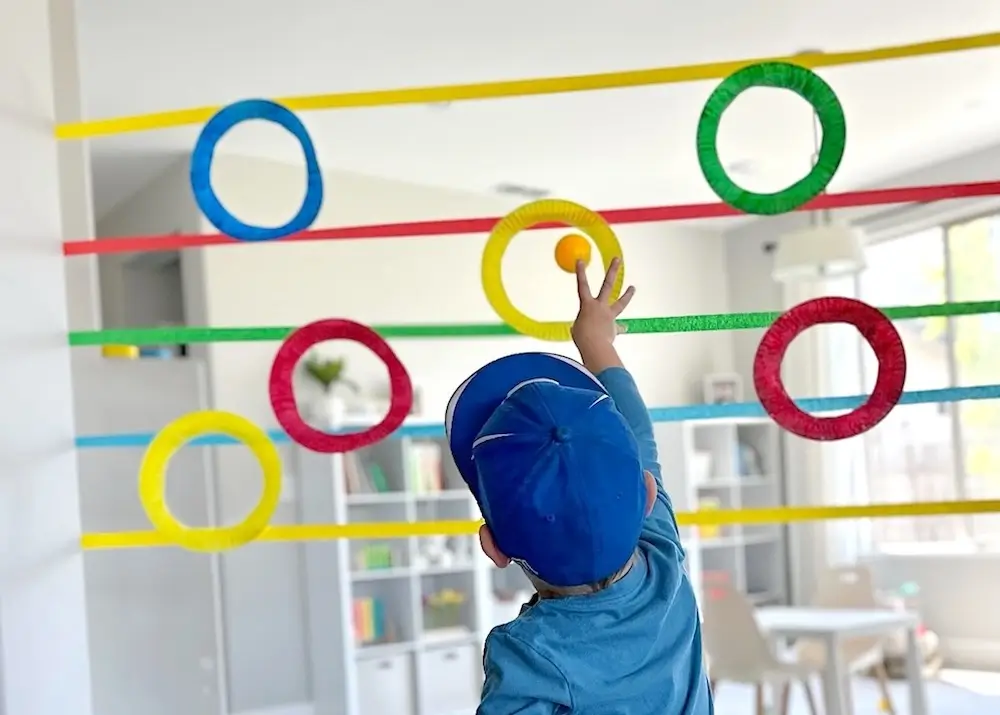
16. Spot the Difference
Spot the Difference challenges kids to find variations between two similar images. Show them the pictures side by side and ask them to identify all the differences they can find.
This game hones observational skills and visual memory. It’s easy to set up with printable worksheets or books.
Kids enjoy the detective-like challenge, and it’s an excellent quiet-time activity.

17. Memory Maze
Memory Maze combines spatial awareness with recall. Draw a maze and place small symbols along the path. Let kids study it, then take it away and ask them to recall the symbols and their locations.
This game is a great way to build spatial memory while keeping kids entertained. As they improve, you can make the maze more complex.It’s a creative twist on traditional memory games that kids love exploring.
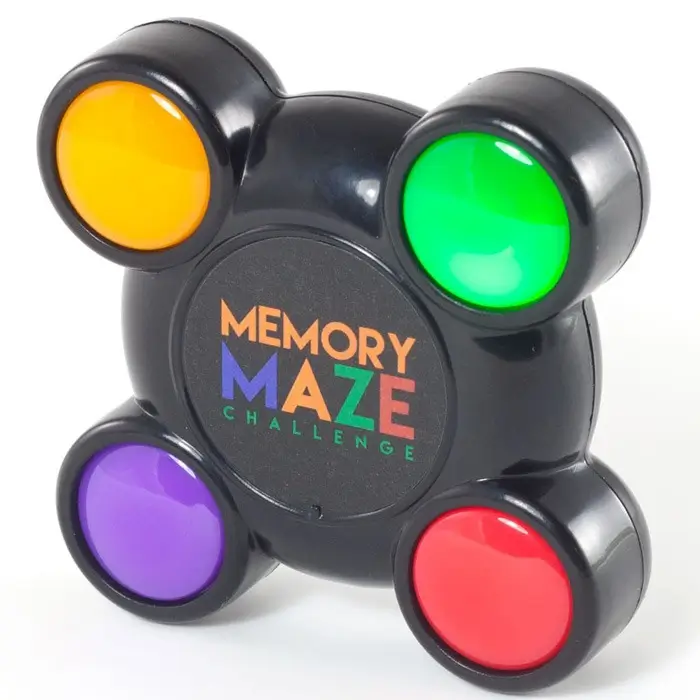
18. Memory Cup Shuffle
Memory Cup Shuffle is an exciting, fast-paced game. Place a small object under one of three cups, shuffle them,and ask kids to identify where the object is. Increase the number of cups for older kids.
This game sharpens focus and quick thinking. The suspense of watching the cups move keeps kids fully engaged. It’s a simple but thrilling activity that works for kids of all ages.
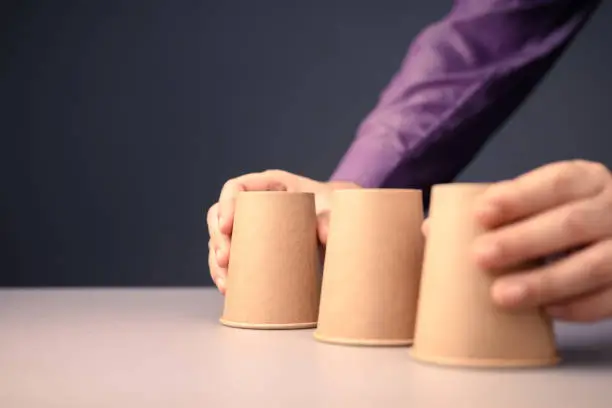
19. Treasure Hunt Recall
Treasure Hunt Recall combines physical activity with memory training. After a treasure hunt, ask kids to remember where they found each item. This added challenge makes the hunt even more exciting.
It encourages teamwork and helps kids associate locations with objects, boosting spatial memory. It’s perfect for parties or outdoor play.
Kids love reliving the thrill of their treasure hunt while testing their memory skills.
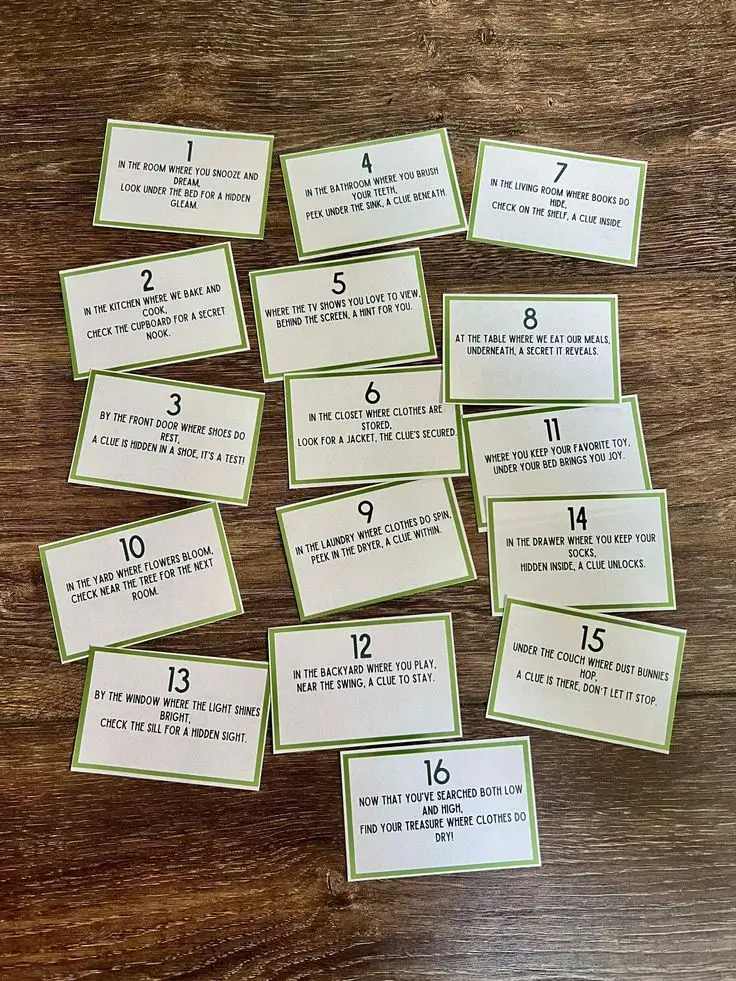
Conclusion
Memory games are more than just a way to entertain kids—they help build essential cognitive skills like focus, recall, and problem-solving. These 21 fun memory games are perfect for any setting, from classrooms to family gatherings, and will keep kids both entertained and challenged.
The best part? They’re simple to set up and adapt to any age group. Give these games a try and watch as kids light up with excitement while their minds grow sharper!

